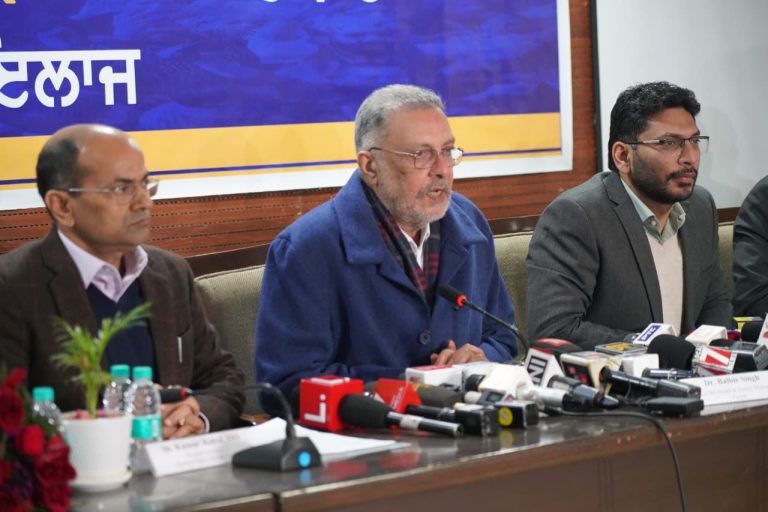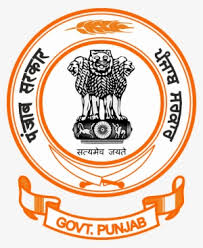
India’s labour landscape has undergone a historic transformation with the introduction of the Four Labour Codes—the Code on Wages, 2019
India’s labour landscape has undergone a historic transformation with the introduction of the Four Labour Codes—the Code on Wages, 2019; the Industrial Relations Code, 2020; the Code on Social Security, 2020; and the Occupational Safety, Health and Working Conditions Code, 2020. By consolidating 44 Central and over 100 State labour laws into four streamlined codes, these reforms simplify regulations while prioritizing worker welfare, dignity, and fairness. Crafted with extensive consultations, including nine tripartite and ten inter-ministerial discussions, and incorporating 74% of the 233 recommendations from the Parliamentary Standing Committee, these codes reflect a balanced approach to modernizing labour laws for workers and employers alike.
Minimum Wages for All: Ensuring No Worker is Left Behind
The Code on Wages, 2019, marks a paradigm shift by extending minimum wage protection to every worker, from cleaners to IT professionals, unlike the limited sectoral coverage under the Minimum Wages Act, 1948. The introduction of a national floor wage sets a baseline that no state can fall below, reducing disparities and ensuring a fair wage for even the poorest workers. Timely wage payments, now mandatory, alleviate financial stress, enabling workers to meet essential expenses like rent and school fees. This reform underscores the principle of equal pay for equal dignity, ensuring no worker is left behind.
Labour Codes ; Empowering Women: Equality and Support at Work
The Labour Codes champion gender equality by guaranteeing equal pay for women, lifting job restrictions, and enabling safe night shifts. Additionally, mandatory crèche facilities at or near workplaces empower working mothers to balance careers and childcare, boosting female workforce participation. These provisions dismantle systemic barriers, ensuring women gain visibility, protection, and opportunities across sectors.
Labour Codes ; Social Security for All: From Gig Workers to Plantation Labourers
For the first time, the Labour Codes extend social security to gig, platform, and unorganized workers, including delivery agents and app-based drivers for companies like Zomato, Swiggy, and Uber. Aggregators are now required to contribute 1-2% of their annual turnover to a Social Security Fund, providing health, maternity, disability, and funeral coverage. The Employees’ State Insurance Corporation (ESIC) now covers workers in small establishments (even those with fewer than 10 employees) and plantation workers, ensuring comprehensive health benefits. The E-Shram Portal, a revolutionary digital ID system, grants unorganized workers access to welfare schemes, formalizing their identity and rights. Meanwhile, Provident Fund (PF), pension, and insurance benefits have been extended to informal and self-employed workers, securing their financial future.
Labour Codes ; Migrant Workers: Rights That Follow
Inter-state migrant workers, often marginalized, now benefit from a broader definition under the Labour Codes, ensuring access to ration and social security benefits in their destination states. Establishments with 10 or more migrant workers must comply with regulations, tracked via a self-declared Aadhar-based database. Additionally, lump-sum payments for annual travel to native places support their financial and emotional well-being, affirming that their rights remain intact regardless of where they work.
Formalization and Transparency: Empowering Workers
The Labour Codes mandate appointment letters for all workers, providing legal proof of employment and access to benefits. The Samadhan Portal enables workers to file complaints about wage delays or wrongful termination online, ensuring transparent and accountable grievance resolution. Grievance Redressal Committees, now mandatory, give workers a platform to voice concerns, while Industrial Tribunals with judicial and administrative members resolve disputes within clear timelines, delivering swift justice.
Supporting Career Transitions and Growth
For workers facing retrenchment, the Labour Codes introduce a Re-skilling Fund, with employers contributing 15 days’ wages per worker to support upskilling and financial stability during career transitions. The National Career Service (NCS) Portal serves as a one-stop hub for job seekers, offering opportunities, internships, apprenticeships, and career guidance, particularly empowering youth and first-generation workers.
Health and Well-being: A Legal Right
Free annual health check-ups are now a legal right for workers in notified sectors, promoting early diagnosis and healthier lives. The Occupational Safety, Health and Working Conditions Code prioritizes worker well-being, ensuring safer workplaces and holistic care at every life stage.
Strengthening Worker Voices: Unions and the Right to Strike
The Labour Codes formalize trade union recognition, amplifying workers’ negotiation rights. The Industrial Relations Code protects the right to strike while promoting transparent dispute resolution through notice periods, fostering workplace harmony. Far from enabling “hire and fire,” as critics claim, the codes promote fair collective bargaining. For instance, Rajasthan’s increase in the retrenchment threshold from 100 to 300 workers led to higher employment and lower retrenchments, as validated by the Parliamentary Standing Committee.
A Balanced Framework: Worker Rights and Economic Growth
The Labour Codes are not anti-worker or pro-corporate, as some misconceptions suggest. They modernize outdated colonial-era laws, replacing archaic provisions with clear definitions and inclusive policies. By allowing CSR funds to support worker welfare schemes—such as skill development, insurance, and livelihood programs—the codes encourage corporate responsibility. Fixed-term workers now enjoy the same pay and benefits as permanent employees, including gratuity, ensuring fairness across employment types.
Inclusive Governance: Social Security Boards and Caste Census
National and State-level Social Security Boards oversee the welfare of unorganized workers, ensuring inclusive policy-making and robust implementation. A comprehensive caste census further strengthens social justice by addressing disparities based on caste, gender, geography, and economic status, paving the way for targeted upliftment.
Busting Myths: Labour Codes Are Pro-Worker
Contrary to claims, the Labour Codes are a giant leap toward worker empowerment. They expand social security, formalize employment, and promote gender equality while balancing the needs of businesses for a modern workforce. The codes align with the 2nd National Labour Commission’s 2002 recommendations to streamline laws into five groups, enhancing clarity and compliance. By fostering security, simplicity, and strength, the Labour Codes create a framework where workers thrive, businesses grow, and India moves toward a more inclusive economy.
Conclusion: A New Era for India’s Workers
India’s Labour Codes are a historic milestone, ensuring dignity, security, and fairness for millions of workers—formal, informal, gig, migrant, and beyond. From universal minimum wages to social security, digital grievance platforms to health check-ups, these reforms prioritize workers’ rights while fostering economic progress. As India embraces these modern laws, it paves the way for a workforce that is empowered, protected, and ready to drive the nation forward.








